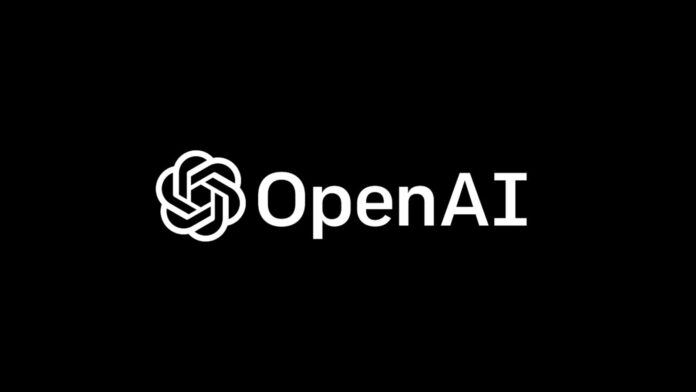Recently, the Delhi High Court dismissed a petition that contained numerous inaccuracies, including non-existent case laws and fabricated legal propositions. The respondent’s lawyers highlighted these flaws, emphasizing the importance of accurate legal drafting. This incident underscores a broader concern about the integration of artificial intelligence (AI) into the legal profession. While AI holds potential for efficiency in tasks like data collection and pro bono services, it also poses significant risks. Reports indicate that AI could disrupt the legal sector profoundly, leading to job losses and reliance on potentially flawed data. Legal analysis requires nuance, context, and creativity—qualities AI struggles to replicate. Moreover, AI may unintentionally reinforce biases through its reliance on past data. As the legal field embraces AI, it must do so cautiously, ensuring reliability and addressing biases. A balanced approach is essential for effective integration, highlighting that law is not merely procedural but deeply human.
Source link

Share
Read more